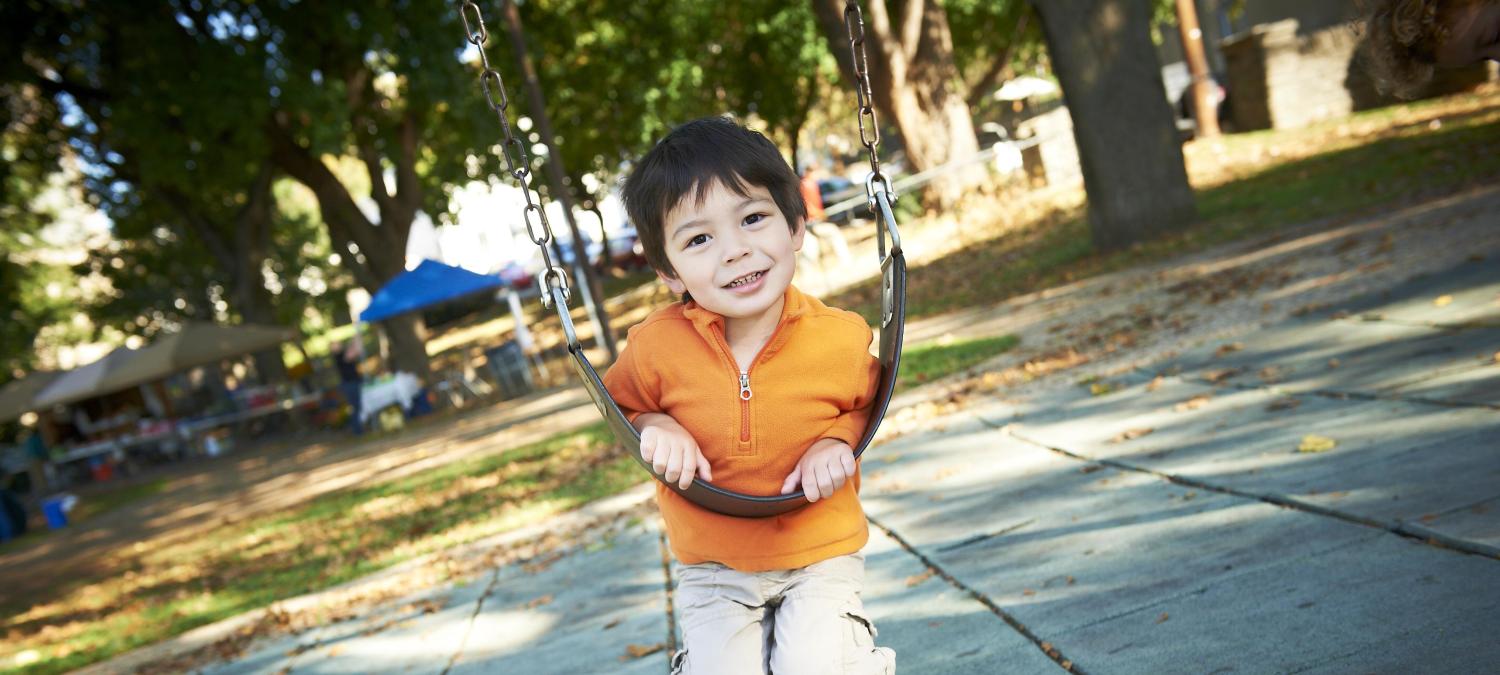

Publications
Search Tips
- Feb 2023
Many adolescents use the emergency department (ED) as their primary source of health care. As a result, the ED serves as a unique opportunity to reach adolescents. Although many adolescent visits to the ED are related to reproductive health, ED providers report barriers to providing…
- Jan 2023
Despite scientific consensus that a whole, varied diet is important for health, few individuals in the US eat enough fruits and vegetables. While physicians have frequent interactions with patients who would benefit from increased fruit and vegetable intake, they lack systems and…
- Jan 2023
Pregnancy and early parenthood can be challenging transitional times for many families, especially those struggling with opioid use disorder (OUD). Over 8 million children live with a parent with SUD and parental drug use has been attributed to rising rates of family instability and…
- Jan 2023
In this retrospective cohort study using data from an integrated primary care and subspecialty network, we examined medical records of children seen in primary care at eligible autism spectrum disorder (ASD) screening ages and followed through at least 4 years of age. We examined the…
- Jan 2023
Coronavirus disease 2019 (COVID-19) continues to have a profound impact on infant health care and health outcomes. In this study, we aimed to characterize the social impact of the first COVID-19 lockdown on families in a neonatal follow-up program (NFP). Given the ongoing increased use…
- Jan 2023
The Farmer's Market Nutrition Program (FMNP) provides fresh, locally grown fruits and vegetables (FV) to eligible participants in the Special Supplemental Nutrition Program for Women, Infants, and Children (WIC). However, redemption of FMNP benefits remains low. This qualitative study…
- Dec 2022
Adolescent mental health concerns increased during COVID-19, but it is unknown whether early increases in depression and suicide risk have been sustained. We examined changes in positive screens for depression and suicide risk in a large pediatric primary care network through May 2022…
- Dec 2022
An increasing number of pediatric health systems are implementing social needs screening and referral programs. These programs aim to engage families during health care encounters; identify health-related social needs such as food insecurity, housing instability, and difficulty paying…
- Nov 2022
STUDY OBJECTIVE: The objective of this study was to examine racial/ethnic disparities in contraceptive delivery for adolescent patients within an adolescent medicine subspecialty clinical system before and during the COVID-19 pandemic. Secondarily, we aimed to assess the relationship…
- Nov 2022
This study aimed to assess the incremental cost-effectiveness ratio (ICER) of a 2-year motivational interviewing (MI) intervention versus usual primary care. A national trial was implemented in the Pediatric Research in Office Settings (PROS) network of the American Academy of…